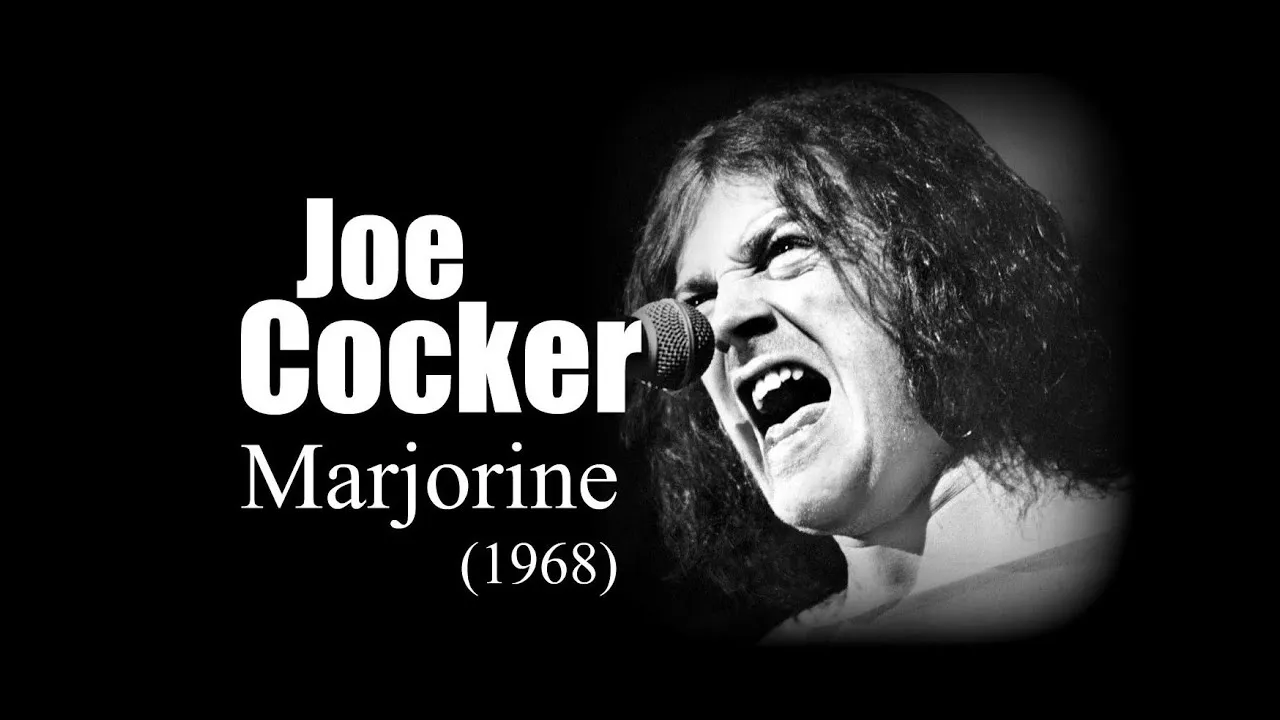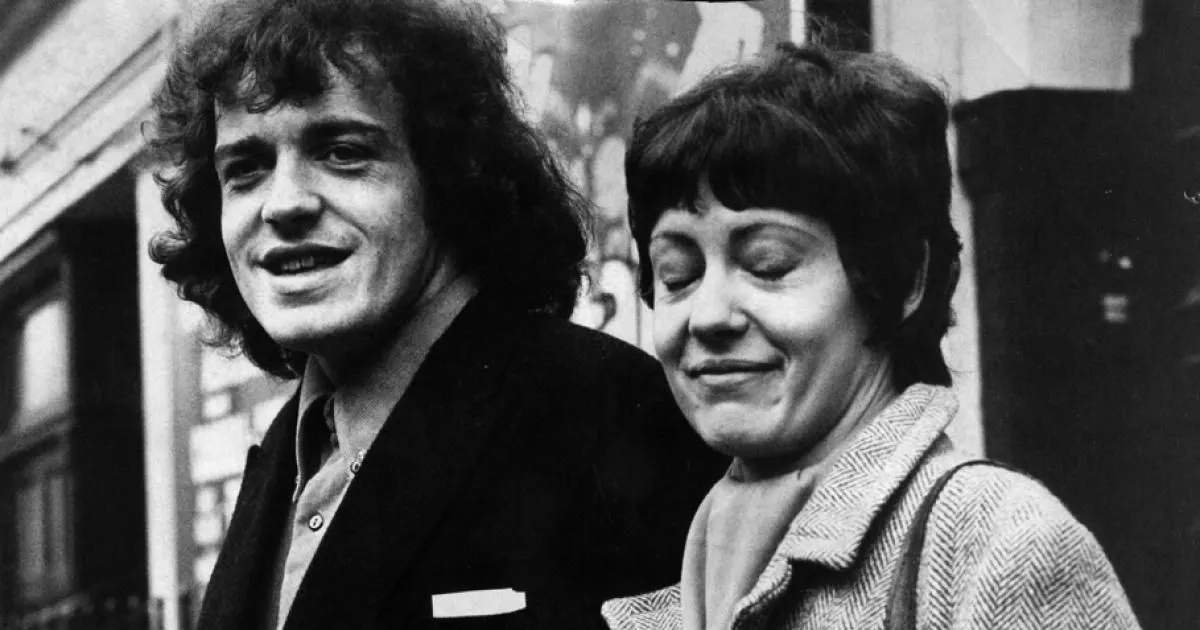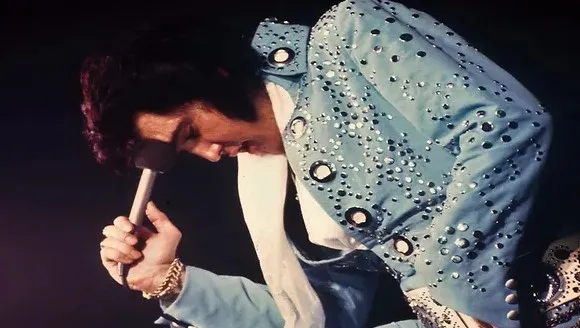Elvis Presley, the King of Rock and Roll, is a name synonymous with music, charisma, and cultural revolution. Among the many fascinating facts about Elvis Presley, one that stands out is that he purchased his legendary home, Graceland, when he was just 22 years old. This grand estate would become more than just a residence; it would be the symbol of his success, his personal retreat, and eventually, a shrine for his millions of fans worldwide. The story behind Elvis's acquisition of Graceland offers a glimpse into his life at a pivotal moment in his meteoric rise to fame.
The Early Years: A Humble Beginning
:quality(85):extract_cover()/2017/08/10/748/n/1922398/tmp_KmXOpO_7dbb0d56aa4849ac_main.jpg)
Before Graceland, Elvis Presley's life was far from the glitz and glamour that would later define his career. Born in a small two-room house in Tupelo, Mississippi, on January 8, 1935, Elvis's early life was marked by poverty and struggle. His family moved to Memphis, Tennessee, in 1948, seeking better opportunities. It was here in Memphis that young Elvis's love for music began to blossom.
As a teenager, Elvis worked various odd jobs to support his family while pursuing his passion for music. In 1953, at the age of 18, he walked into Sun Records and recorded a song for his mother, which caught the attention of producer Sam Phillips. This moment marked the beginning of Elvis's ascent to stardom.
A Star on the Rise

By 1956, Elvis Presley was already a household name. His first single, "Heartbreak Hotel," released in January of that year, quickly became a hit, reaching number one on the Billboard charts. Elvis's unique blend of rock, blues, and country, combined with his magnetic stage presence, made him an overnight sensation. His appearances on television shows like The Ed Sullivan Show further cemented his status as the new face of American music.
As his fame grew, so did his earnings. By 1957, Elvis was one of the highest-paid entertainers in the world, and he was looking for a place that would reflect his newfound success. It was during this time that he began searching for a home that could offer both privacy and comfort for him and his family.
Discovering Graceland

In early 1957, Elvis's parents, Vernon and Gladys Presley, were actively involved in the search for a new family home. They found a 14-acre property located at 3764 Highway 51 South in Memphis, which caught their attention. The estate, known as Graceland, was named after the original owner’s daughter, Grace. The property featured a Colonial Revival-style mansion built in 1939, surrounded by lush gardens and rolling hills.
Elvis fell in love with Graceland immediately. The mansion, with its grandeur and secluded location, offered the perfect escape from the frenzy of his rapidly accelerating career. For Elvis, Graceland was more than just a house; it was a sanctuary where he could unwind, spend time with his family, and entertain his closest friends.
On March 19, 1957, Elvis purchased Graceland for $102,500—a substantial amount at the time, equivalent to nearly $1 million today. At just 22 years old, Elvis had acquired a piece of American history that would forever be associated with his legacy.
Graceland: The Heart of Elvis's World

After purchasing Graceland, Elvis wasted no time in making it his own. He embarked on a series of renovations and expansions to transform the mansion into a home that reflected his unique style and personality. Over the years, Graceland evolved from a simple estate into an opulent and eccentric reflection of the King’s tastes.
One of the most iconic rooms in Graceland is the Jungle Room, a den that Elvis redecorated in the mid-1970s. The room features green shag carpet, exotic wood furniture, and animal print upholstery, creating a jungle-like atmosphere that was perfect for Elvis's late-night jam sessions. The Jungle Room also doubled as a recording studio, where Elvis recorded some of his final tracks before his untimely death in 1977.

Another notable feature of Graceland is the Meditation Garden, where Elvis, his parents, and his grandmother are buried. This serene spot was originally intended as a place for Elvis to reflect and find peace, away from the demands of his career. Today, it serves as a place of pilgrimage for fans who come to pay their respects to the King.
Throughout the 1960s and 1970s, Graceland was the epicenter of Elvis's life. It was here that he entertained guests, hosted lavish parties, and found solace from the pressures of fame. The mansion became a symbol of his success, a physical representation of the American Dream achieved by a boy from Tupelo who grew up in poverty.
Graceland After Elvis
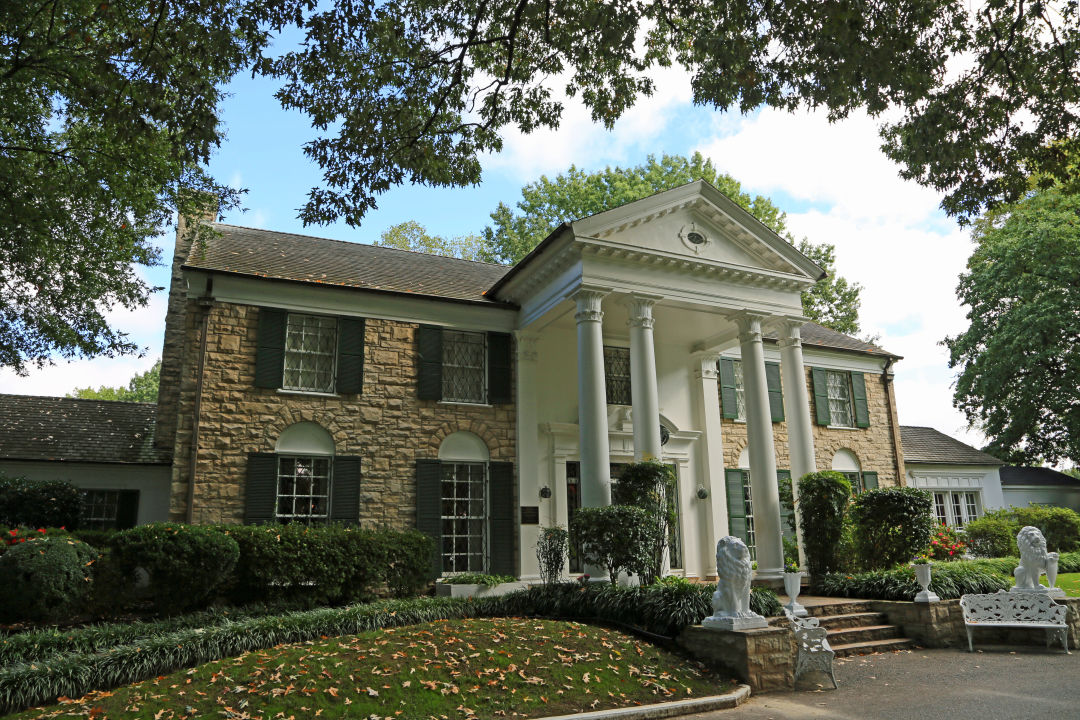
Elvis Presley passed away on August 16, 1977, at the age of 42, in the bathroom of his Graceland home. His death sent shockwaves around the world, and fans flocked to Memphis to mourn the loss of the King of Rock and Roll. In the years following his death, Graceland became one of the most visited private homes in the United States, attracting hundreds of thousands of visitors each year.
In 1982, five years after Elvis's death, Graceland was opened to the public as a museum dedicated to his life and legacy. The decision to open Graceland to the public was made by Elvis's daughter, Lisa Marie Presley, who inherited the estate upon turning 25. Today, Graceland is a National Historic Landmark and one of the most popular tourist destinations in the country.
Visitors to Graceland can explore the mansion's many rooms, view Elvis's extensive collection of costumes, records, and awards, and tour the Meditation Garden where he is laid to rest. The estate also features the Elvis Presley Car Museum, which showcases some of his favorite automobiles, including his iconic pink Cadillac.
The Legacy of Graceland
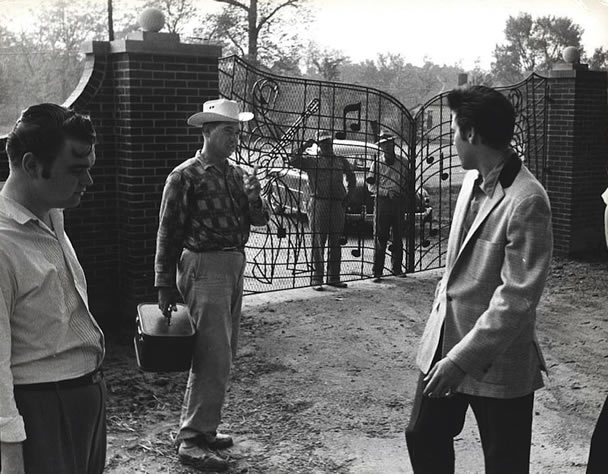
Graceland is more than just a home; it is a living monument to Elvis Presley’s extraordinary life and career. For millions of fans around the world, a visit to Graceland is a pilgrimage, a chance to walk in the footsteps of the King and experience the place where he lived, loved, and created some of his most memorable music.
Elvis's purchase of Graceland at just 22 years old is one of the many fascinating facts about his life. It symbolizes not only his rapid rise to fame but also his deep connection to his roots and his desire to create a lasting legacy. Graceland stands as a testament to the impact that Elvis Presley had on music, culture, and American history.
Today, Graceland continues to attract visitors from around the world, each eager to catch a glimpse of the world that Elvis built for himself. Whether you're a lifelong fan or a casual admirer, a visit to Graceland offers a unique opportunity to step back in time and experience the magic of Elvis Presley, the King of Rock and Roll. The estate remains a vital part of his enduring legacy, a place where the spirit of Elvis lives on and where his music continues to inspire new generations.
